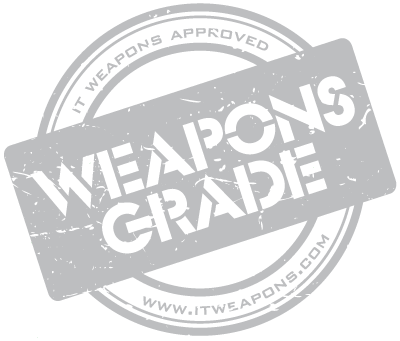Recently, we chatted with Giles Crouch, Chief Digital Officer and Digital Anthropologist at NordSpark. He was our webcast guest speaker for Rethink Efficiency & Workplace Culture in the Digital Age.
The session sparked some brilliant Q&A, the best of which we have included below.
What is the difference between a community of practice and a steering committee for a project in a small or large organization?
Giles: A community of practice is long-term, it’s ongoing and it always stays there. A steering committee, on the other hand is really talking about a project with an end date and a desired outcome. A steering committee is often tasked with choosing the right tools for the organization, be it a small business, or a larger organization that is looking to change and adapt to something better as they grow. For example Microsoft environment versus Google Workspace? The steering committee would set out to get to that decision process.
The community of practice is something that exists forever, so that you have representation from across the company that is always learning and can experiment with new technologies. If there is a need for a newer, better project management software, they can talk to vendors, and figure out the best move forward. Most importantly, a community of practice allows you to ensure constant learning in the organization that never goes away.
When you’re working regularly within a process and a company, it can be hard to notice the inefficiencies. External observation might help in asking the right questions to point you towards the solutions you need. How can we empower that community of practice with the right questions?
Giles: Technology innovation can be led by your community of practice. They can ask questions to industry leaders or maybe just complementary organizations that support their organization’s role in the industry. Questions should be specific to the business outcomes that you are looking for. This ensures a constant state of learning.
As technologies change, you have to always be learning. You must try to understand how you can leverage technology and help your organization as well as your customers? That’s where innovation comes in, making sure that the community of practice has a charter and the permission to explore alternative answers. It ultimately helps you map out the territory of where you’re going and see the bigger picture.
Let’s focus on legislation and documentation regarding privacy laws. What does a company need to have in place to ensure compliance? Will any legislation be introduced in the future that corresponds to some of these negative consequences?
Giles: The way it stands right now, they are putting forward a law to Parliament that merges two different laws together, data and privacy. We should see that come through probably in the fall or next winter.
If you have a data breach and you do not report it, you can be fined $25 million or 3-4% of your gross revenue based on the prior year (whichever is higher). If you do not comply, they have order-making powers to go in and force change of the company and make them pay, much like the Canada Revenue Agency can. Consequently, if you provide services to consumers and become a victim of a data breach, you can be ordered to provide credit counseling and credit monitoring to consumers by the Privacy Commissioner.
While this is really aimed at the larger tech companies, it will impact organizations of all sizes. Under this new law, both corporate officers and board directors could be held liable for data breaches.
Now is the time to better understand your data security and privacy policy. Talk to your law firm or an expert familiar with data breaches and ask how you can protect yourself. We are on shaky ground here. It is unclear what the law will look like, but it could have a direct financial impact.
One of our attendees is currently moving data into SharePoint for their organization. What would you recommend to them for a knowledge base? Is that a feature built into SharePoint?
Giles: It sure is! You can build a wiki right in SharePoint. It is not too hard, and you can use apps from within Sharepoint to build it. You can enable it so that it’s by department, but still have everybody able to view it. Videos, documents, internal and external links, everything goes there. A different tool might be necessary if it becomes too large over time. SharePoint is an excellent place to start.
If you missed the webcast or want to watch it again, you can do so here. If these insights have given you some ideas and you would like to talk to a team member contact us today.
Related Posts





